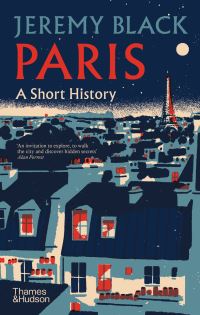Description
For a long time, the Norman Conquest has been viewed as a turning point in English history; an event which transformed English identity, sovereignty, kingship, and culture. The years between 1066 and 1086 saw the largest transfer of property ever seen in English History, comparable in scale, if not greater, than the revolutions in France in 1789 and Russia in 1917. This transfer and the means to achieve it had a profound effect upon the English and Welsh landscape, an impact that is clearly visible almost 1,000 years afterwards. Although there have been numerous books examining different aspects of the British landscape, this is the first to look specifically at the way in which the Normans shaped our towns and countryside. The castles, abbeys, churches and cathedrals built in the new Norman Romanesque style after 1066 represent the most obvious legacy of what was effectively a colonial take-over of England. Such phenomena furnished a broader landscape that was fashioned to intimidate and demonstrate the Norman dominance of towns and villages. The devastation that followed the Conquest, characterised by the ‘Harrying of the North’, had a long-term impact in the form of new planned settlements and agriculture. The imposition of Forest Laws, restricting hunting to the Norman king and the establishment of a military landscape in areas such as the Welsh Marches, had a similar impact on the countryside.




